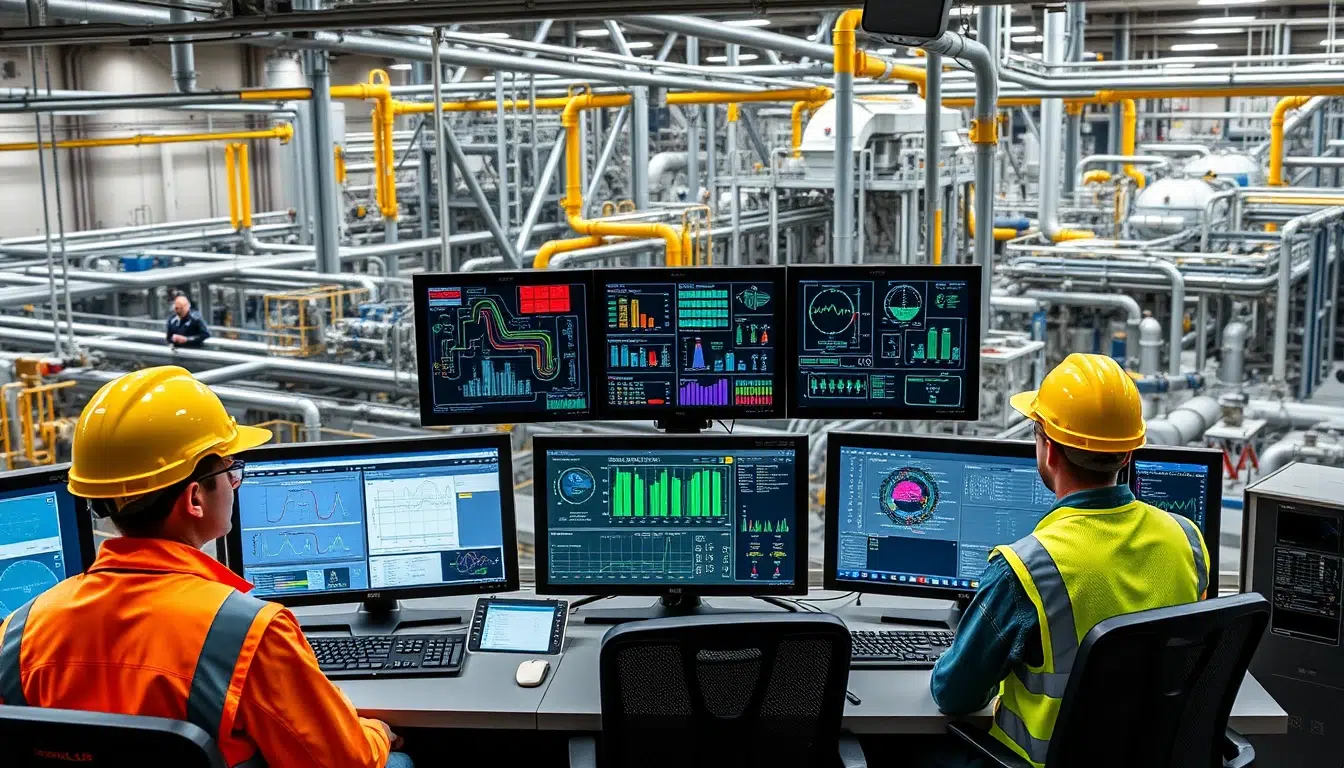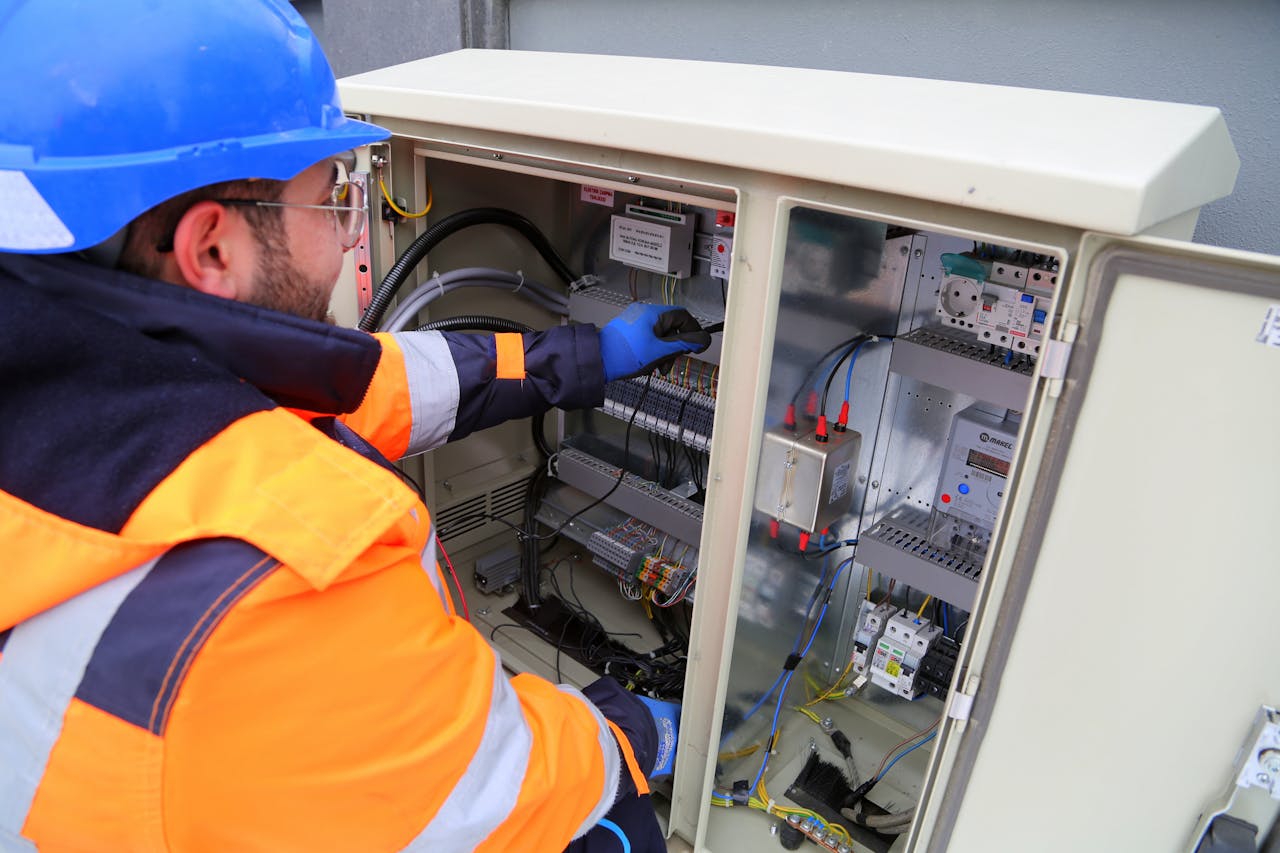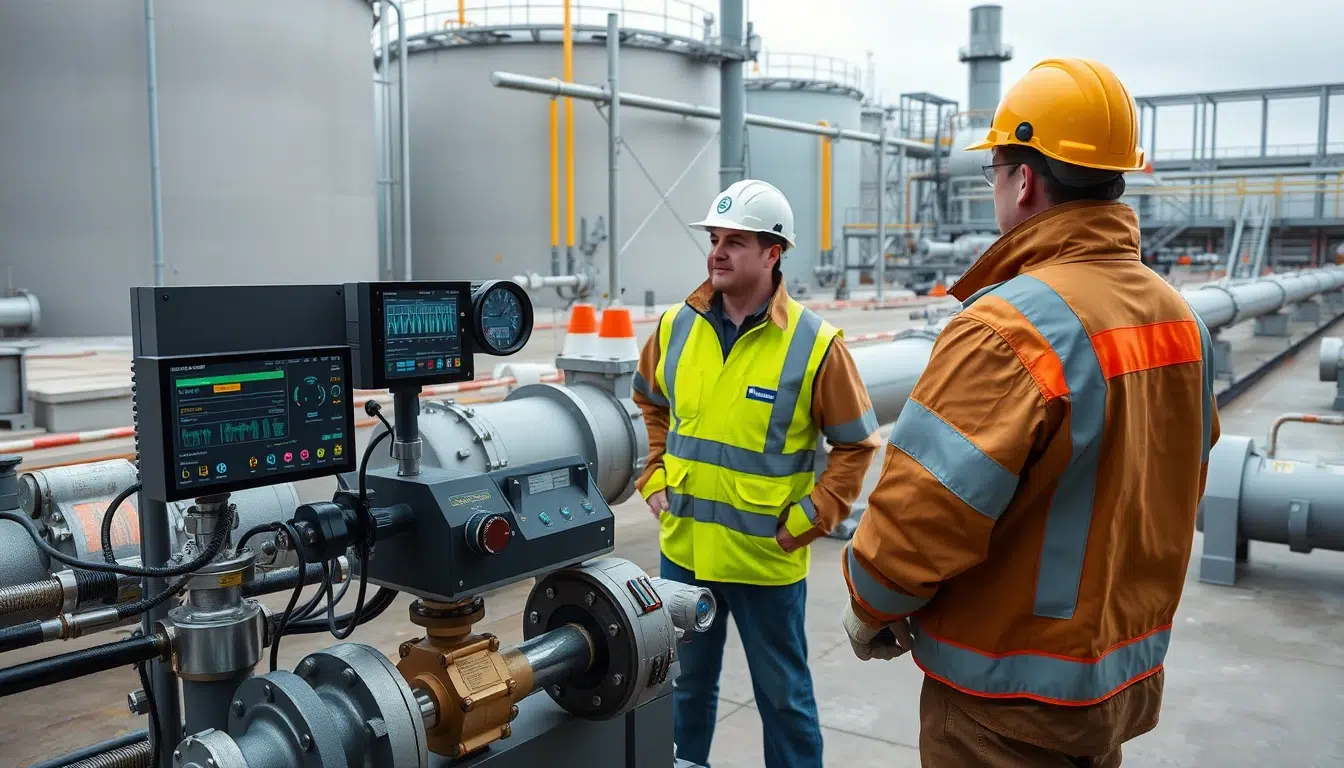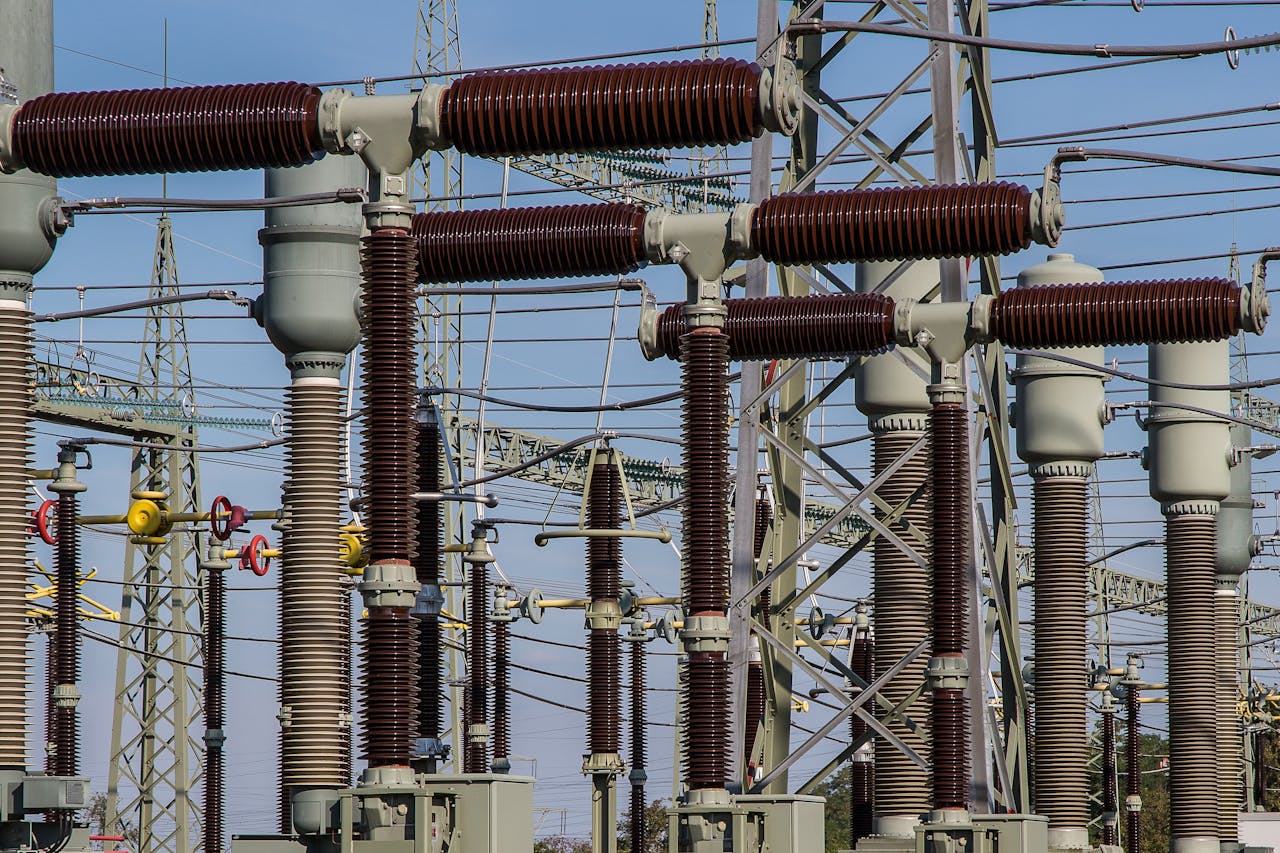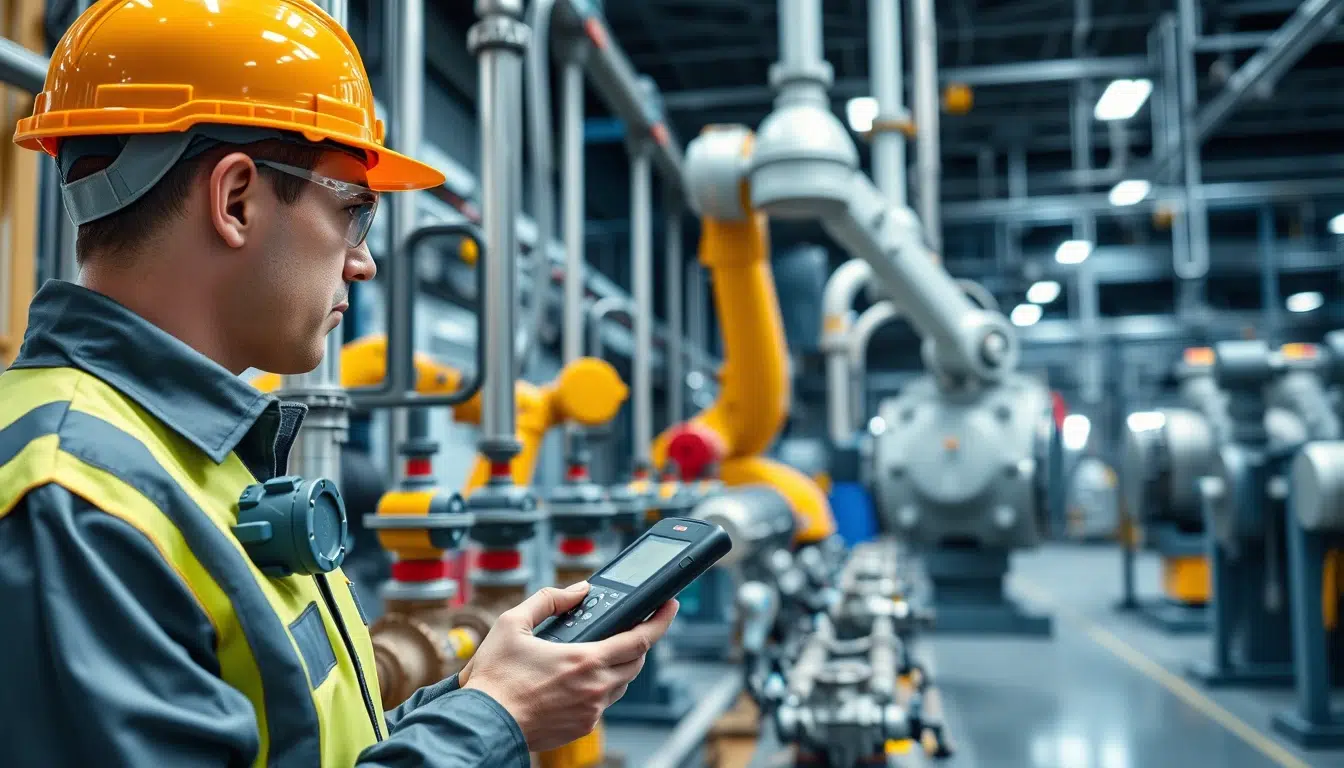Instrumentation Course for Oil and Gas Industry
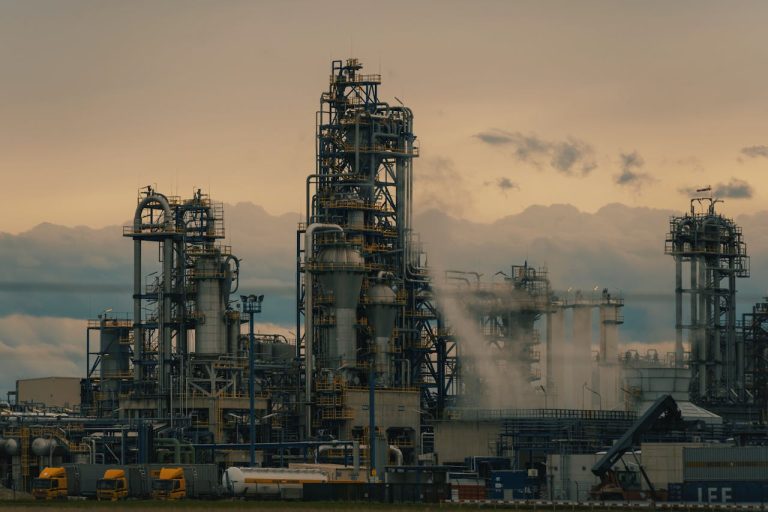
| Date | Format | Duration | Fees (USD) | Register |
|---|---|---|---|---|
| 17 Nov - 21 Nov, 2025 | Live Online | 5 Days | $3785 | Register → |
| 08 Dec - 12 Dec, 2025 | Live Online | 5 Days | $3785 | Register → |
| Date | Venue | Duration | Fees (USD) | Register |
|---|---|---|---|---|
| 22 Dec - 26 Dec, 2025 | Barcelona | 5 Days | $6305 | Register → |
Did you know that the oil and gas measuring instrumentation market is expected to grow from $21.87 billion in 2024 to $27.31 billion by 2029, at a compound annual growth rate (CAGR) of 4.3%?
Course Overview
The Instrumentation Course for Oil and Gas Industry by Alpha Learning Centre is meticulously designed to equip professionals with essential skills in implementing, maintaining, and optimising instrumentation systems specific to oil and gas operations. This course focuses on upstream, midstream, and downstream process control instrumentation, ensuring participants can effectively manage complex systems in harsh environments while complying with industry standards and regulations.
Why Select This Training Course?
Selecting this Instrumentation Course offers numerous advantages for professionals involved in oil and gas operations. Participants will gain advanced knowledge of flow measurement techniques, analytical instrumentation, and safety instrumented systems (SIS). The course provides hands-on experience with industry-standard tools and real-world case studies, enabling attendees to optimise their instrumentation strategies effectively.
For organisations, investing in this training enhances overall operational efficiency and ensures better compliance with safety standards. Research indicates that implementing comprehensive instrumentation frameworks results in enhanced ability to monitor critical parameters such as temperature, pressure, flow, and fluid levels. According to ABB, integrated instrumentation solutions cover the entire project chain—from front-end engineering to lifecycle service—helping organisations maximise production returns in tough environments while reducing operational costs.
For individuals who complete this course, will benefit from enhanced career prospects as they become more valuable assets in their respective fields. Studies indicate that professionals with oil and gas instrumentation expertise can significantly improve their career trajectory as demand for specialists continues to grow due to rapid industrialisation, increasing offshore activities, and the focus on reducing maintenance costs.
Transform your oil and gas instrumentation capabilities – Register now for this critical advanced training programme!
Who Should Attend?
This Instrumentation Course for Oil and Gas Industry is suitable for:
- Instrumentation Engineers in oil and gas
- Process Control Technicians in hydrocarbon processing
- Automation Specialists in energy sectors
- Maintenance Engineers overseeing instrumentation
- Project Engineers involved in oil and gas facilities
What are the Training Goals?
The objectives of this course are to:
- Master instrumentation specific to oil and gas operations
- Implement advanced control strategies for refining processes
- Enhance troubleshooting skills in harsh environments
- Ensure compliance with safety and environmental regulations
- Optimize system performance for efficiency and cost
How will this Training Course be Presented?
The Instrumentation Course for Oil and Gas Industry delivers comprehensive, hands-on training through proven methodologies designed to maximise learning outcomes and practical skill development. Our expert instructors employ the following methods:
- Practical workshops on oilfield instrumentation
- Simulation of process control in oil and gas scenarios
- Expert seminars on industry-specific standards
- Case studies of real-world oil and gas applications
Each delivery method is carefully integrated to ensure participants gain both theoretical knowledge and practical experience. The course structure promotes active engagement and real-world application, allowing participants to develop crucial analytical and strategic skills within a supportive learning environment.
Join us to experience this dynamic and effective learning approach – Register now to secure your place!
Course Syllabus
Module 1: Instrumentation in Upstream Operations
- Instrumentation for drilling and exploration
- Measurement of wellhead parameters
- Monitoring of reservoir conditions
- Automation in offshore platforms
- Safety systems for upstream environments
- Flow measurement techniques for crude oil
- Corrosion monitoring in oilfield equipment
Module 2: Midstream Instrumentation
- Pipeline instrumentation for transport
- Leak detection systems
- Custody transfer measurement principles
- Gas composition analysis
- Terminal automation and control
- Pressure regulation in pipelines
- Temperature monitoring for product integrity
- Environmental monitoring for compliance
- Integrity management of midstream assets
Module 3: Downstream Process Control
- Refinery control systems design
- Distillation column control strategies
- Advanced control for cracking units
- Blending and batch control in refining
- Instrumentation for emissions monitoring
- Safety interlocks in chemical processes
- Control of heat exchangers and reactors
Module 4: Analytical Instrumentation
- Gas chromatography in oil analysis
- Spectroscopy for quality control
- Process analysers for real-time monitoring
- Sampling systems design for accuracy
- Calibration of analytical instruments
- Mass spectrometry applications
- Moisture analysis in hydrocarbons
Module 5: Safety Instrumented Systems (SIS) in Oil & Gas
- SIL determination for oil and gas processes
- Design of safety loops for hazardous areas
- Fire and gas detection systems
- Emergency shutdown systems (ESD)
- Functional safety compliance in operations
- SIS maintenance and proof testing
- Integration of safety with process control
Module 6: Instrumentation for Hazardous Areas
- Classification of hazardous locations
- Intrinsic safety and explosion-proof techniques
- Selection of ATEX/IECEx certified devices
Module 7: Control Valves in Oil & Gas
- Valve selection for severe service conditions
- Actuator sizing for high-pressure applications
- Cavitation and flashing prevention
- Control valve diagnostics in process control
- Valve maintenance in corrosive environments
Module 8: Instrument Calibration and Maintenance
- Calibration standards in oil and gas
- Maintenance strategies for field instruments
- In-situ calibration techniques
- Managing calibration schedules
- Troubleshooting common instrument issues
Module 9: Data Acquisition and Monitoring
- SCADA systems for oil and gas operations
- Real-time data analysis for decision making
- Remote monitoring of remote oil fields
- Historian systems for process data
- Cybersecurity in data handling
- Predictive maintenance through data analysis
Module 10: Flow Measurement Techniques
- Selection and application of flow meters
- Multiphase flow measurement challenges
- Calibration and verification of flow devices
- Accuracy in fiscal metering
- Impact of fluid properties on flow measurement
Training Impact
The impact of oil and gas instrumentation training is evident through various real-world case studies and data, which demonstrate the effectiveness of structured programmes in enhancing system reliability and operational efficiency.
Research indicates that professionals trained in oilfield instrumentation can significantly improve operations by controlling critical conditions such as temperature, pressure, flow, and fluid levels. For example:
- Monitoring flammable gases ensures safety compliance.
- Precision flow measurement reduces losses during custody transfer.
- Predictive maintenance strategies lower ownership costs while extending equipment lifespan.
These case studies highlight the tangible benefits of implementing advanced instrumentation techniques:
- Improved operational efficiency through accurate measurement systems
- Enhanced safety through reliable monitoring solutions
- Increased compliance with environmental regulations
- Strengthened decision-making capabilities using real-time data analytics
By investing in this advanced training, organisations can expect to see:
- Significant improvement in process control performance
- Improved ability to handle complex operational challenges
- Enhanced decision-making capabilities using data-driven insights
- Increased competitiveness through comprehensive instrumentation strategies
Transform your career and organisational performance – Enrol now to master Instrumentation for Oil and Gas Industry!

